Can you tell how intelligent a musician is by listening to him play? Last year I discovered a recording of Schumann’s Piano Sonata No. 3 in F minor, a sprawling and spidery work that can fall apart even under the nimblest fingers. Not this time. Francesco Piemontesi, a young Swiss–Italian pianist, totally nails it.
Believe me, it takes some nailing. In the opening Allegro brillante and the final Prestissimo possibile, Schumann stretches lyrical melodies across madcap scales and arpeggios that dart in every direction. The rhythms are insistently dotted: Schumann at his most obsessive-compulsive. There are lots of crunching gear changes and scampering pianissimo passages that turn to mush if the pianist seeks safety in the sustaining pedal.
This is where Piemontesi, on the Claves label, makes you catch your breath. Not even Horowitz — one of very few great names to have tackled the Third Sonata — achieves such pinprick delicacy. But his real achievement is to gather all Schumann’s wayward thoughts into an argument. And it left me thinking: first, this is a masterpiece; second, most virtuoso pianists of Piemontesi’s generation (he was born in 1983) wouldn’t have a clue how to approach it.
The Third Sonata appeared in 1836 as a ‘Concerto without Orchestra’ — a label slapped on it by the publishers, who didn’t know what to make of it. Schumann revised the work at the end of his life, but in both versions there’s a sense of an apprentice composer whose head is bursting with more ideas than he can find room for.
This inspired messiness means that, to pull it off, you need not only stunning technique but also the intellectual capacity to knit together those ideas. With a few exceptions, today’s aspiring concert pianists don’t have that capacity. They’re too busy practising.
Compared with 50 years ago, an astonishing number of conservatoire students can play Ravel’s Gaspard de la nuit. They hack away at it until their fingers bleed, but they get there. Jagged polyrhythms, feather-light glissandi, the blur of crossed hands: all present and correct. This is arguably the most ‘difficult’ piano piece ever written — yet, in my experience, quite stupid pianists can dazzle in it.
Listen to the same pianists play Schubert’s far less technically demanding G major Sonata, however, and you’ll soon be checking your watch. Unlike Ravel, Schubert leaves the performer to work out his own solutions. His piano music requires a feel for architecture; he’s like Bruckner in that respect. A great interpretation is based on detailed study of its construction, starting with the scribbled blueprint of the manu-script.
Francesco Piemontesi explores the architecture of everything he plays. He’s into something called Schenkerian analysis, invented by the Austrian Heinrich Schenker (1868–1935), which teaches performers to uncover large-scale shapes that make up the ‘foreground’, ‘middleground’ and ‘background’ of the score. It’s above my head, but it may explain why Piemontesi’s recording of the Schumann Third Sonata sounds so coherent.
He doesn’t stop there, though. To prepare for playing Schumann (he’s also recorded the piano concerto for his new label, Naïve) he plunged into the composer’s music journalism. For Debussy, he studied impressionist paintings and the novels of James Joyce, whose experiments with language remind him of the Preludes.
The only other pianist I can think of who goes to these lengths is the now retired Alfred Brendel, who was one of Piemontesi’s teachers. They both have a Central European polymath air about them; they speak English in precise cadences. Brendel used to be accused of wearing his learning too heavily, of ‘didactic’ performances. Maybe there was some truth in that — but give me didacticism any day rather than the mock-profundity and acrobatics of Lang Lang (who, one of his rivals told me, ‘can play intelligently but chooses not to’).
Piemontesi isn’t the only young scholar-virtuoso who drills into the foundations of the music. There’s the Russian Yevgeny Sudbin, whose Scarlatti sonatas on Bis come with liner notes in which he asks how and why they anticipate the sonorities of the grand piano. Likewise the Frenchman Bertrand Chamayou, who in the notes for his Schubert recital suggests that the bleakness of George Philipp Schmidt’s ‘Wanderer’ poem explains the ‘dulling of consciousness’ at the heart of the Fantasy named after it.
Piemontesi, Sudbin and Chamayou, all born in the early 1980s, are celebrated in musical circles but don’t have celebrity careers. That may be because, to answer the question I started with, they display a refined, probing, uncompromising intelligence, and that’s not box office. Listen to their recordings for yourself and see whether you agree. Better still, catch Piemontesi live at the Proms on 11 August: he’s playing Strauss’s Burleske, dismissed by Hans von Bülow as ‘complicated nonsense’. I can’t wait to hear what he does with it.
Got something to add? Join the discussion and comment below.
Get 10 issues for just $10
Subscribe to The Spectator Australia today for the next 10 magazine issues, plus full online access, for just $10.
You might disagree with half of it, but you’ll enjoy reading all of it. Try your first month for free, then just $2 a week for the remainder of your first year.

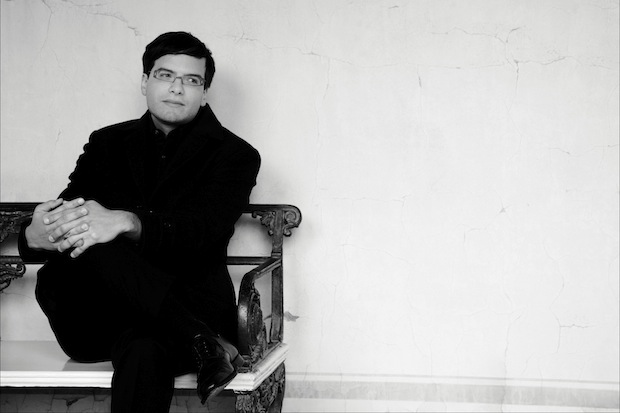

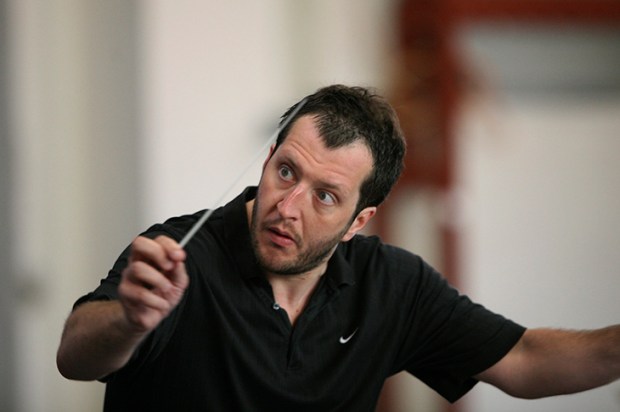
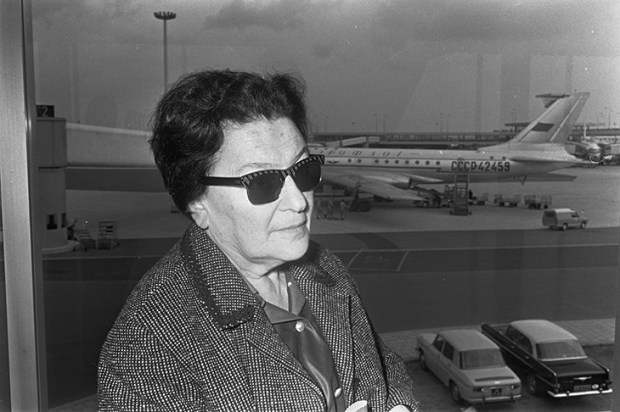
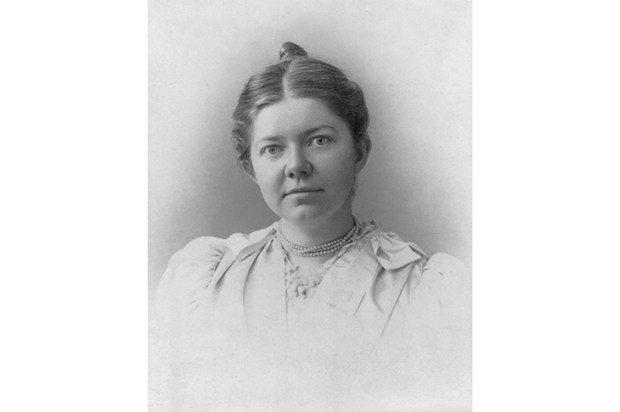
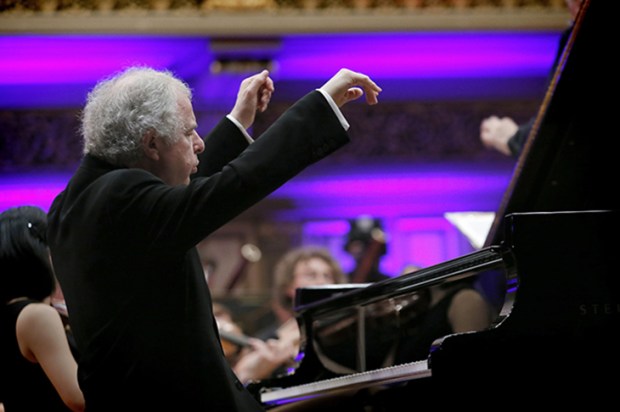
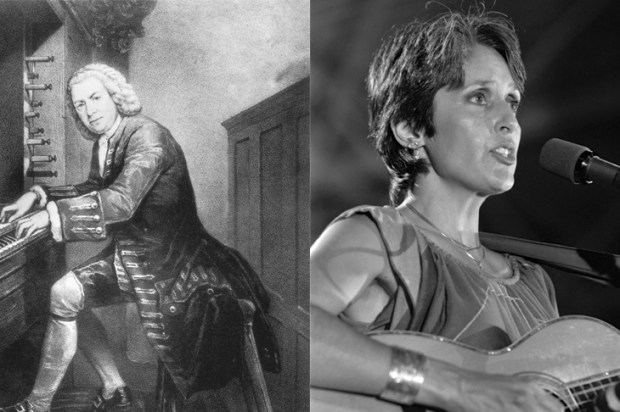






Comments
Don't miss out
Join the conversation with other Spectator Australia readers. Subscribe to leave a comment.
SUBSCRIBEAlready a subscriber? Log in